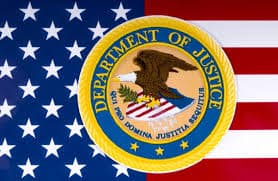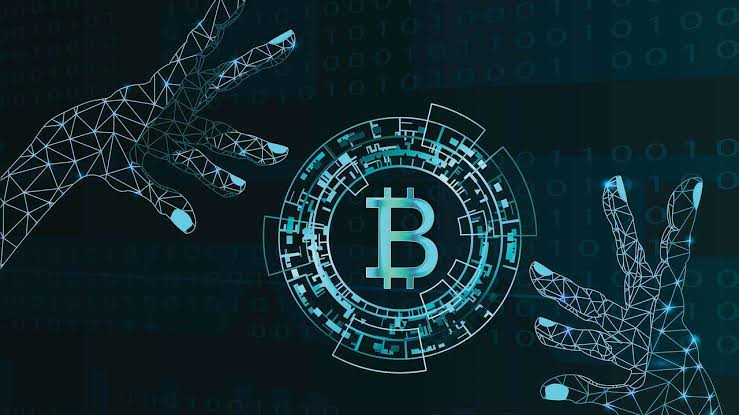Join Our Telegram channel to stay up to date on breaking news coverage
The Department of Justice (DoJ) has once again decried the prevalence of data encryption, explaining that the technological concept has impeded its ability to investigate criminal activity.
In an international paper published over the weekend, the law enforcement agency called on technology firms to collaborate with government agencies to enable the latter bypass encryption, as investigations usually run into snags because of them.
Time to Move Forward from Privacy Challenges
The DoJ’s statement was to provide insight on crime investigations worldwide. It had cosigns from the Canadian Minister of Public Safety and Emergency Preparedness. Other notable signatories included the United Kingdom’s Home Department, a Member of Parliament in New Zealand, and the Australian Minister for Home Affairs. In particular, the DoJ noted that end-to-end encryption, which only allows data to be accessible by senders and receivers, can undermine agencies’ abilities to investigate serious crimes.
Citing examples, the DoJ pointed out that law enforcement bodies had been unable to make tactical calls regarding violent crime, child pornography and sexual exploitation, and terrorist activities due to this encryption. The DoJ further cited a report from the National Center for Missing and Exploited Children, which implied that end-to-end encryption needed to be implemented to protect children. Otherwise, it could undermine investigations into such exploitation.
“In 2018, Facebook Messenger was responsible for nearly 12 million of the 18.4 million worldwide reports of CSAM [child sexual abuse material to the NCMEC]. These reports risk disappearing if end-to-end encryption is implemented by default, since current tools used to detect CSAM do not work in end-to-end encrypted environments,” the statement read.
Tech Firms vs. Uncle Sam
This isn’t the first time that a principal law enforcement agency will have problems with encryption. In 2016, the Federal Bureau of Investigation (FBI)had enlisted the help of tech giant Apple Inc. in an effort to crack the encryption on an iPhone belonging to Syed Farook – a suspect in a mass shooting at San Bernardino that left about 14 people dead.
Apple famously declined to provide any assistance, beginning a lengthy legal battle that eventually went Apple’s way. However, while Apple won the case, it only emboldened many to seek more accountability from top tech firms concerning their data encryption methods.
In June, GovTrack reported that three Senators – Lindsey Graham (R-SC), Tom Cotton (R-AR), and Marsha Blackburn (R-TN) – had presented a bill that would require tech firms to cooperate with regulators and law enforcement agencies during investigations.
Known as the Lawful Access to Encrypted Data Act, the bill planned to end all “warrant-proof” encryption in the country, explaining that tech firms were obligated to answer the government’s calls when it becomes a matter of national security.
As for tech firms, the belief is that bills and measures such as these only intrude on their customers’ privacy and can open the doors for even greater privacy indiscretions. They also see these measures as intrusions on their freedom, although many understand the frustration in not being able to crack a phone to get details about a potential criminal.
Join Our Telegram channel to stay up to date on breaking news coverage

